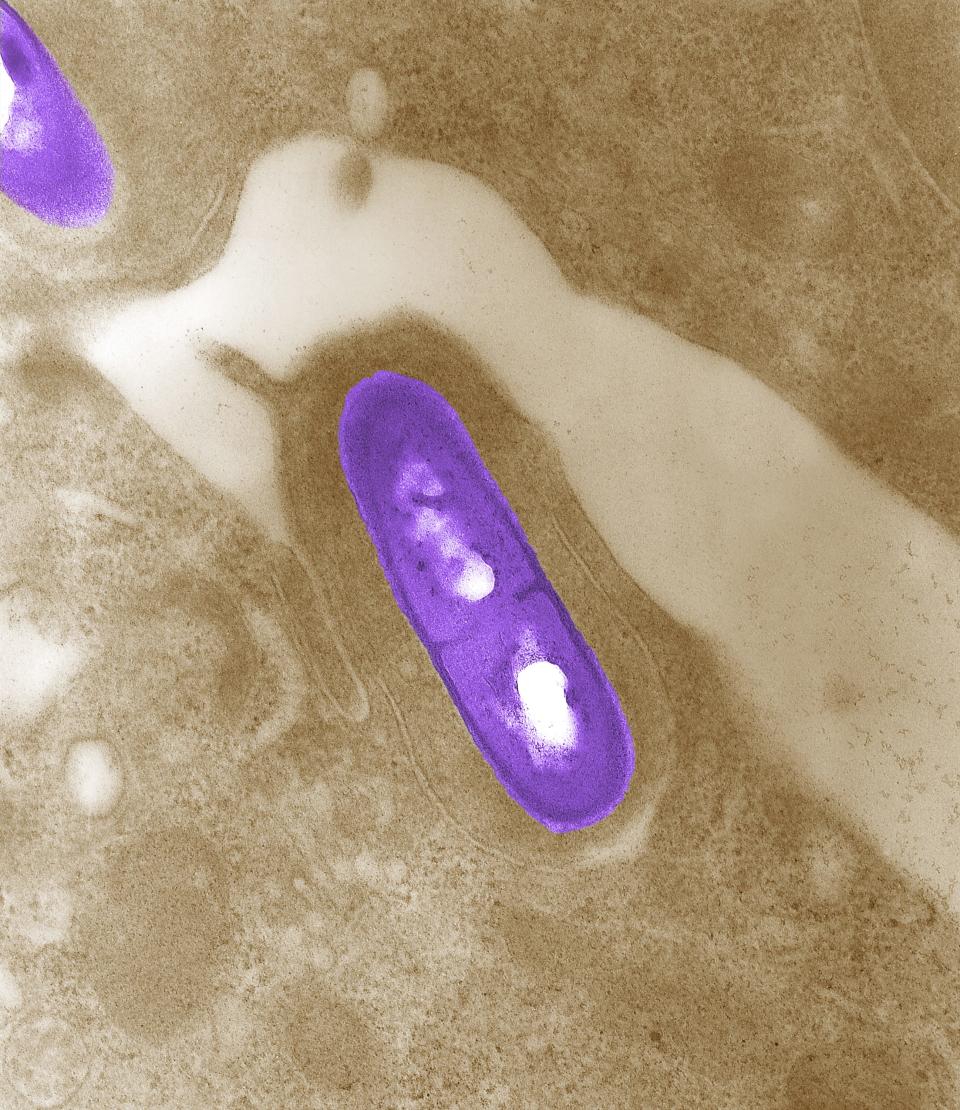What is Listeria? Ice cream products recalled for listeria risk
Totally Cool Inc., has recalled 68 ice cream products across 13 brands because they have the potential to be contaminated with listeria, the U.S. Food and Drug Administration announced Monday.
Totally Cool, an ice cream manufacturer based in Owings Mills, Maryland, has ceased the production and distribution of the affected products due to FDA sampling that discovered the presence of listeria monocytogenes, the FDA said. No other products made by Totally Cool are impacted by this recall.
What is Listeria?
Listeria are bacteria that can contaminate many foods. People who eat those foods can get infected with Listeria, according to the U.S. Centers for Disease and Control and Prevention. The infection is called listeriosis.
Listeria are most likely to sicken people who are pregnant and their newborns, adults aged 65 or older, and people with weakened immune systems. Other people can be infected with Listeria, but they rarely become seriously ill.

Can Listeria infection be serious?
Yes. CDC estimates that Listeria is the third leading cause of death from foodborne illness in the United States.
Listeria can also cause an intestinal illness that is usually mild. When Listeria bacteria spread beyond the intestines, we call the infection invasive. CDC only tracks Listeria illnesses that are invasive.
Invasive illness in pregnant people is usually mild. However, invasive illness during pregnancy usually leads to miscarriage, stillbirth, premature delivery, or life-threatening infection of the newborn. Infection during pregnancy results in fetal loss in about 20% of cases and newborn death in about 3% of cases.
Other people with invasive illness – most commonly adults 65 years and older and people with weakened immune systems – usually have infection of the bloodstream (sepsis) or brain (meningitis or encephalitis). Listeria can sometimes infect other parts of the body. Among invasive illnesses not associated with pregnancy, most people need to be hospitalized (about 87% of cases) and about 1 in 6 people die.
What are the symptoms of Listeria?
Symptoms vary depending on the person infected and the part of the body affected.
CDC’s Listeria symptoms page provides information on the symptoms and severity of both invasive illness and intestinal illness.
How is Listeria treated?
Infection is usually diagnosed when a laboratory test detects Listeria in body tissue or fluid, such as blood, spinal fluid, or the placenta.
Treatment depends on the kind and severity of a person’s illness. Most Listeria infections are treated with antibiotics. People with diarrhea should drink plenty of fluids.
What should I do if I ate a food contaminated with Listeria?
Contact a healthcare provider if both of the following things apply to you:
You ate food that has been recalled or linked to an outbreak.
You have a fever and other symptoms of listeriosis, such as fatigue and muscle aches.
Let the healthcare provider know if you ate possibly contaminated food. This is especially important if you are pregnant, aged 65 or older, or have a weakened immune system.
If you ate food possibly contaminated with Listeria and do not feel sick, most experts believe you do not need tests or treatment. Talk with a healthcare provider if you have questions about what to do.

The products were distributed nationwide and were available in retail locations and direct delivery, the FDA said. No illnesses have been reported to date.
This article originally appeared on Mississippi Clarion Ledger: What is Listeria?

